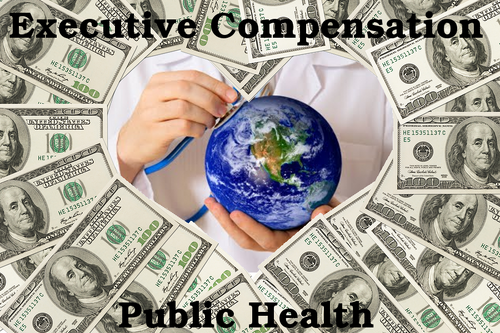Source
- J.M. Pearce and D. Denkenberger, “Aligning Executive Incentives with Global Public Health Goals” Progress in Health Sciences 5(2), 16-23 (2015). open access
Abstract

Introduction:
The World Health Organization (WHO) estimates that together tobacco and alcohol kill about 9 million people annually despite aggressive and widespread public health controls. These legal industries persist because of the demand for their products and their substantial economic influence, which is magnified by the concentration of wealth in the executives of leading corporations that profit from increased legal drug sales.
Materials and methods:
This preliminary study quantifies the link between global premature deaths from these legal addictive drugs as a function of executive compensation in order to provide the necessary data to make more effective policy recommendations for preventing legal drug-related deaths.
Results:
The results indicate a need to incentivize chief executive officers (CEOs), such that they have a constant marginal utility per life saved.
Conclusions:
An executive compensation incentive that moves to eliminate tobacco use is achieved by a pay structure that increases exponentially with the number of lives saved.
Key words:
tobacco control; alcohol control; global public health; executive compensation





